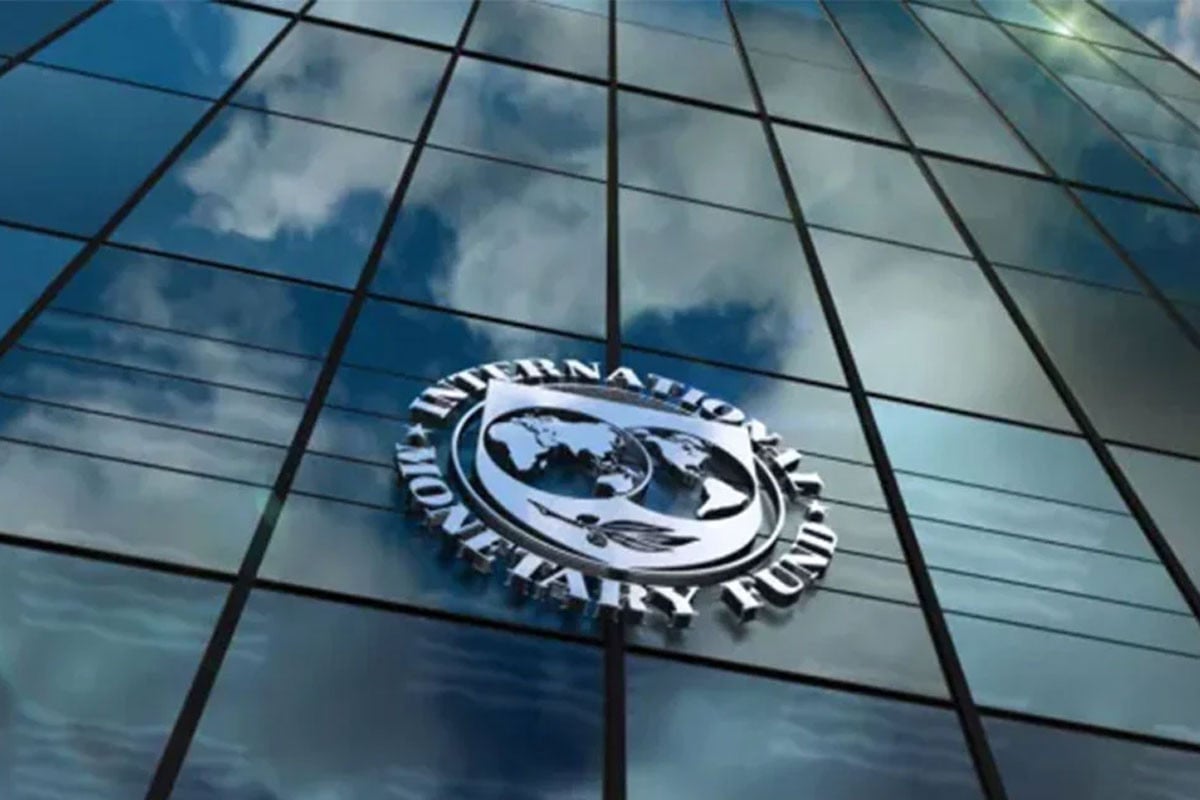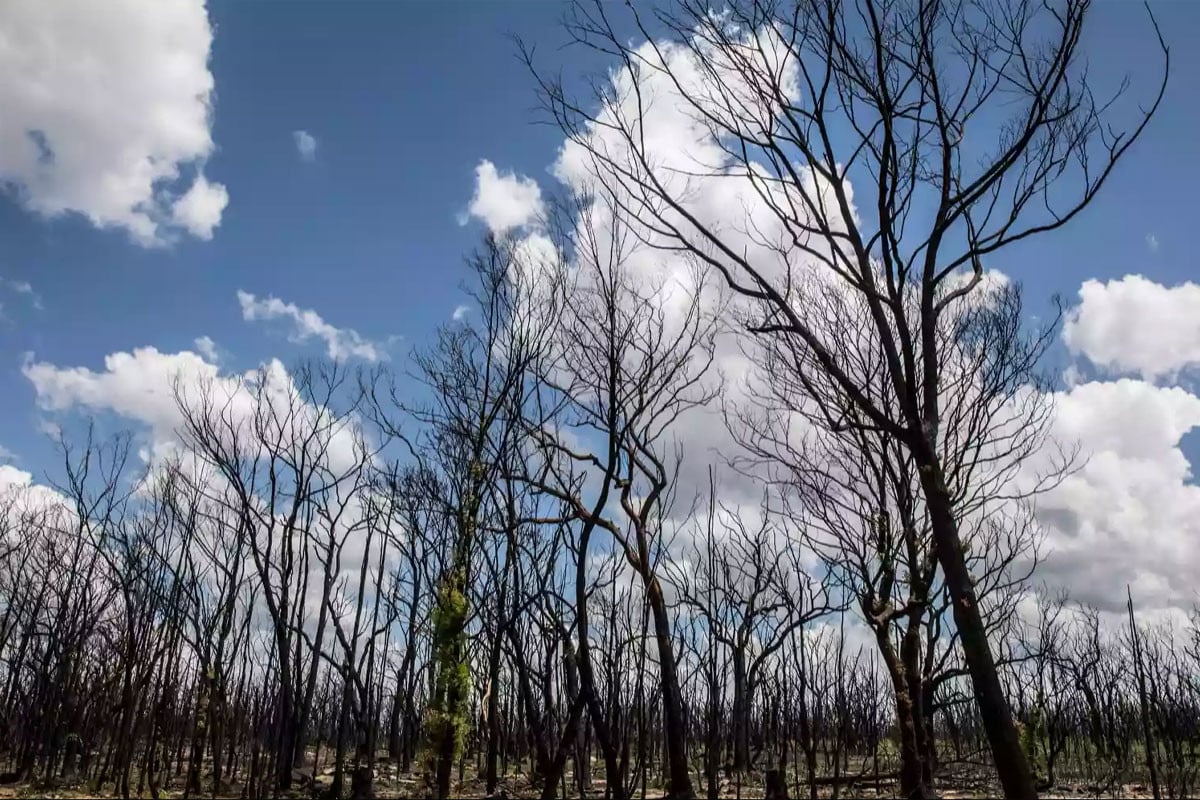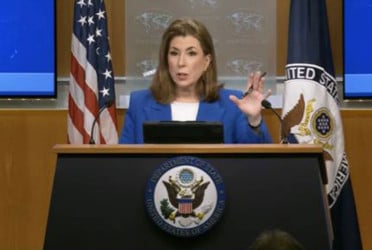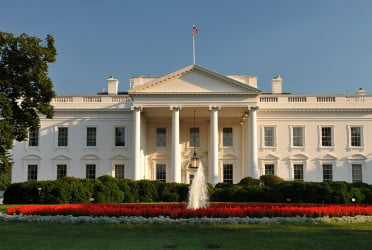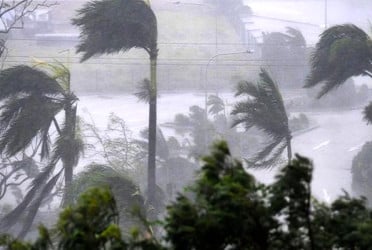Oil prices climbed on Friday, set for a fourth consecutive weekly gain, fueled by concerns over tightening supply due to U.S. sanctions on Russian oil producers and signals from a Federal Reserve official hinting at potential interest rate cuts, reports Reuters.
Brent crude futures rose by 13 cents, or 0.2%, to $81.42 per barrel by 0113 GMT, following a 0.9% decline the previous day. U.S. West Texas Intermediate (WTI) crude futures gained 27 cents, or 0.3%, to $78.95 a barrel, after dropping 1.7% on Thursday.
Despite a dip on Thursday, following news that Yemen's Houthi militia might halt attacks on ships in the Red Sea, both contracts are on track for a fourth weekly gain. Brent has risen by 9% and WTI by 10% year-to-date.
"Concerns about supply disruptions due to U.S. sanctions on Russian oil producers, coupled with expectations of stronger demand from potential U.S. interest rate cuts, are supporting the market," said Toshitaka Tazawa, an analyst at Fujitomi Securities.
The expected rise in kerosene demand due to cold weather in the U.S. has also helped boost prices, Tazawa added.
Investors are closely watching the Biden administration's latest round of sanctions targeting Russia’s military-industrial complex and efforts to bypass sanctions. Moscow’s major customers are now seeking replacement barrels, which is pushing up shipping rates.
Federal Reserve Governor Christopher Waller stated on Thursday that inflation is likely to ease, potentially allowing the U.S. central bank to cut interest rates sooner and more aggressively than previously expected, countering recent market expectations for a slower rate reduction.
Natural gas futures in the U.S. surged by around 4% on Thursday, hitting a two-year high, driven by forecasts of colder weather for the Martin Luther King Jr. Day holiday weekend.
In the Middle East, maritime security officials reported that the Houthi militia is expected to announce a halt to its attacks on vessels in the Red Sea, following a ceasefire deal between Israel and Hamas in Gaza. The attacks had disrupted global shipping, forcing companies to take longer, more expensive routes around southern Africa.
However, caution remains as the Houthi leader has warned that the group will continue its attacks on vessels or Israel if the ceasefire deal is violated.
Bd-pratidin English/ Jisan


